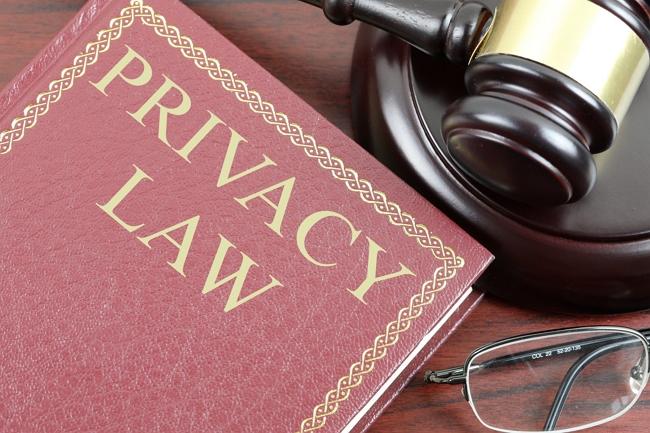
Selling a business means handling your company data carefully. Privacy laws make transferring data complicated. But it's not just laws - most Aussies respect people's privacy rights. Sellers want to follow rules and do the right thing with private details. Plan properly - get legal advice, discuss needs with the buyer, and develop a privacy-protecting transfer plan. It takes effort, but respect staff and customers.
So we have today a headache for many businesses selling up.
One country newsagency that recently just sold her shop describes to me her situation:
"We had decades worth of customer purchase records and email lists that the new owners wanted as part of the sale. But with the Privacy Act, I had no idea if we could legally hand that data over or not without customer consent. It was very tricky trying to figure it all out."
Buyers Require Notification of Data Details
The buyer will need and is entitled to be notified by the seller about many necessary details of the data relating to the transferred business. What they should get:
- The types of data included in the sale
- The purposes for which the data was collected
- How it is being used now.
Now, the Sale Contracts Should Address Data Transfer
In the past, business sale agreements typically included provisions for transferring assets, including any data owned by the business. The purchasing company would gain legal ownership and rights to use the data unless otherwise specified in the sale contract, which protected the business. This is all well and good, except with the current privacy laws, it's unlikely that a company being sold could claim this as protection if the data were not allowed to be transferred. Suppose the business data includes any personal information. If required, it may require notifying individuals that their data is being moved to a new business.
Remember, it does not matter what the contract says if it is illegal. It may still be a crime.
Still, the old owner would still be better off if the sale agreement outlined relevant data handling protocols, access control procedures, and compliance requirements on the transferred data, even if its terms were dubious. This provides legal clarity.
Employees
The laws about employee records are incredibly unclear. My understanding is that they are exempt from privacy laws in most cases. However, this is now being reviewed. I know its quite common today for a buyer to take responsibility for many existing labour regulations. To do this, they need the info. I have no idea what to do here if a buyer needs details about them.
Here are some steps I would suggest.
- Keep a copy of your data. You never know when you need it. I have seen court cases requiring information twenty years ago.
- Get professional advice on what needs to go. If you use a business broker, consult them; it should be part of their services and get the answer in writing.
- Many do not transfer any individual data, but this may be a problem if debts are being sold.
- Consider getting the consent of the individuals whose data is being transferred, if required by law.
- You may consider giving the buyer a summary of non-identifiable data.
- Ask us how to get rid of it safely. We will not do it, but we will explain the steps.
- Make sure that you make sure the data is transferred securely.
Conclusion
I hope this is of help, as selling business data in Australia now poses headaches around legally and ethically handling customer data transfers to new owners.
Disclaimer
As a businessman, programmer and blogger, I want to be upfront - I don't have professional qualifications on these issues. I'm sharing what I've been told and had explained to me by people I trust. This isn't professional legal or financial advice. It's me trying my best to be helpful and honest, with no formal expertise. Please don't treat this content as expert counsel. It's provided in good faith but not as formal guidance.


